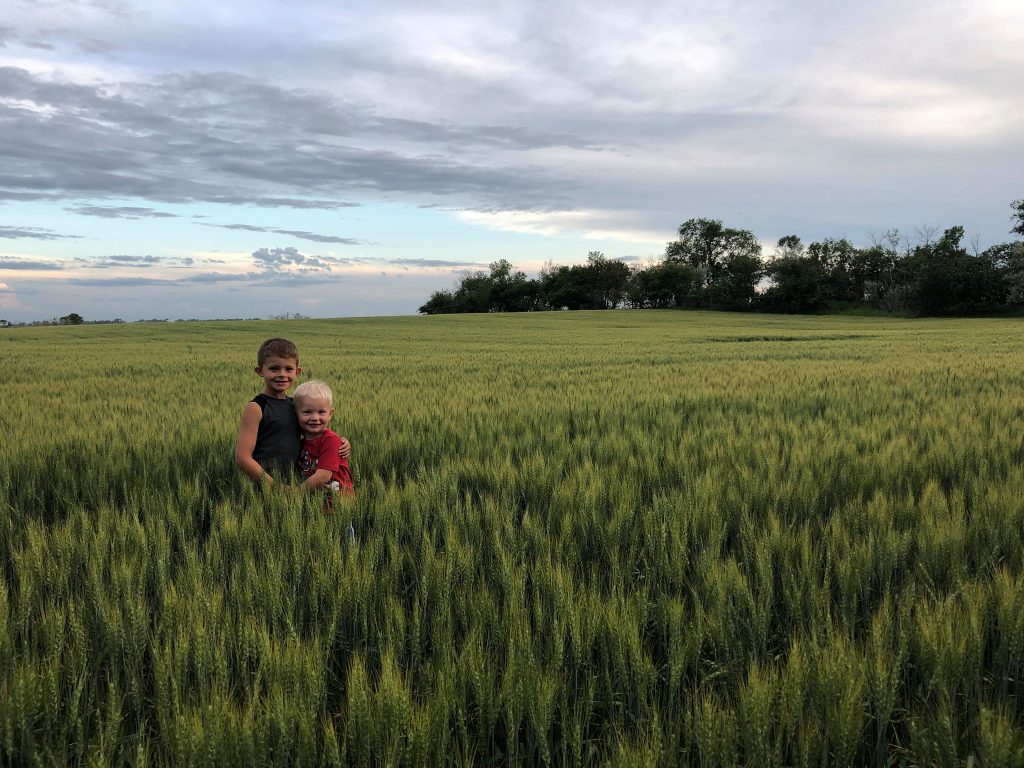

I’m going to complain about social media, but don’t get me wrong. There is a lot of good that comes from social media. First and foremost: prayers. The good old church prayer list can be effective, but Facebook can be even more effective. In real time. Instantaneous prayer requests. Right there on your phone. God bless Facebook for this reason.
My wife and I decided to give up social media for lent this year. For those who aren’t familiar, Christians observe lent as the 40 days before Easter and it signifies a time to acknowledge Jesus’ sacrifice and time spent in the desert before his public ministry. Some people give up ice cream, popcorn, or Reese’s Peanut Butter Cups. Catholics don’t eat meat on Fridays. The point is to sacrifice by giving up something that you normally enjoy or do often.
So, what is 40 days and 40 nights without Facebook like? Really good! How much cumulative time do you spend on your phone looking at Facebook or Twitter or Snapchat? There is an app on most iPhones that can track how much time you spend on each app. It’s called Screen Time and you can find it in the settings on your phone. If you don’t already track this, I suggest doing so in order for you to realize how much time you are spending on your phone and think about how much of that time could be better spent doing something else.
Watch a baseball game on TV. When the camera shows the pitcher about to deal to the batter, take note of the people in the crowd behind home plate. Notice how many of them are staring at their phone. I think to myself, “why on earth would someone be looking at their phone at a time like this?” I live 8 hours away from the closest major league ballpark. I would love to be in those very expensive seats watching a baseball game. To people in those seats that would rather be looking at their screen, texting, checking emails, scrolling through Twitter or whatever: you’re taking what you have for granted! Pay attention to the game! Enjoy what’s around you! Be present.

In giving up social media for lent, we deleted the Facebook, Twitter, and LinkedIn apps from our cell phones. We don’t use Snapchat or any other social media apps besides those. We made it a point to just put the phone down and engage with the kids more. We made it a point to be more creative when boredom set it and just keep busy or find a way to be productive. When I did have some spare time to fill, time that would normally be spent droning on in front of the phone screen by seeing what my “friends” were up to or Tweeting about, I made it a point to use the phone to read the local newspaper app to try to be more in-tune with what’s going on in the world and community. Also, I used more spare time to pick up and read a few pages of an actual book – the kind where you physically turn the pages. Remember those? My wife and I also checked in with one another to see how it was going without social media – to offer each other support and hold each other accountable. That was very helpful.
There were some struggles too. For instance, at work or in other social situations, I really noticed (more than before) that many conversation starters are about what somebody observed on Facebook. “I see so-and-so is on vacation this week.” “Looks like so-and-such had their baby.” “Did you see what so-and-so posted last night?” I had told co-workers that I was giving up the social media and they were supportive. One colleague would often take a second to bring me up to speed on what I missed if it was something worthwhile.
I did miss keeping up with the Joneses to some extent. My sister and her husband took their kids on a trip and my mom told me weeks later that there were really cool pictures on Facebook of my nephews swimming with the dolphins. Oh man! Would’ve like to have seen those. (I did go back after lent was over and checked them out. Not sure if that’s illegal lent procedure, but the pictures were absolutely awesome!)
Some lessons learned from all this:
My quick closing thoughts on Facebook vs. Twitter. I do believe that Twitter is more educational – if used the right way. Follow groups, companies, causes, and people who interest you and learn from them and the discussions from the Tweets. With farming and agriculture, I see positive discussion threads all the time on Twitter ranging from intercropping to equipment questions to emotional help for farmers during hard times. I just don’t see the same level of discussion on the Facebook. Maybe it’s there and I’m missing it, but I do enjoy the professional development aspect of Twitter.